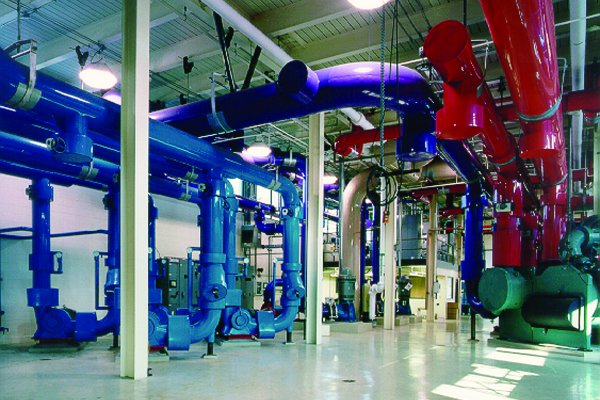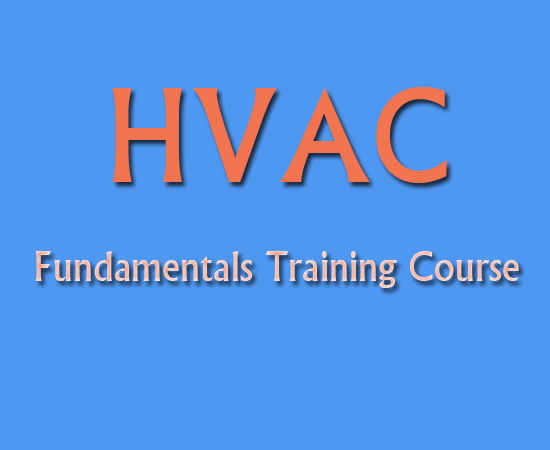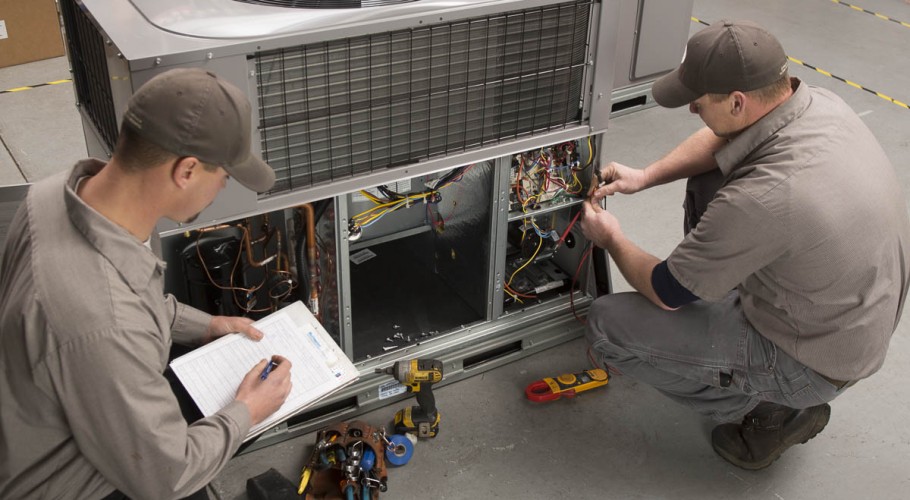

At the end of this seminar participants will:
Consulting Engineers, Design Engineers, Supervisors, Foremen, Electrical Engineers and Technicians, Maintenance Engineers, Technicians and Staff, Mechanical Engineers and Technicians, Operation, Inspection and repair Managers, Supervisors and Engineers, Plant Engineers, Pharmaceutical and food industry Technical Personnel, Building Operators,Commercial Loaders, Custom Sheet Metal Workers, Electrical Utility Workers, Furnace/Air Conditioner Installers, Gas Fitters, HVAC Apprentices, Installers, Refrigeration Mechanic Apprentices, Sales Associates
Introduction to HVAC
Psychometric
Requirements of Comfort Air Conditioning
Heating and Cooling Load Calculation Procedure
HVAC Systems
Variable Air Volume Systems
Duct Design, Airflow and its Distribution
Insulation of Air-Conditioning Systems
Air-Conditioning Equipment
Refrigeration
Controls and Instrumentation
Typical Control Systems
Installation, Commissioning Operation, Testing and Maintenance
BTS attendance certificate will be issued to all attendees completing minimum of 80% of the total course duration.
| Code | Date | Venue | Fees | Register |
|---|---|---|---|---|
| ME125-01 | 26-04-2026 | Manama | USD 5450 | |
| ME125-02 | 19-07-2026 | Muscat | USD 5450 | |
| ME125-03 | 27-09-2026 | Dubai | USD 5450 | |
| ME125-04 | 07-12-2026 | Istanbul | USD 5950 |

A chiller is a machine that removes heat from a liquid via a vapor-compression or absorption refrigeration cycle. This liquid can then be circulated through a heat exchanger to cool air or equipment a ...

Mastering fundamentals, sizing, selection, & operation is a must for designers & operators of HVAC systems. This course covers the fundamentals of HVAC systems starting from Psychrometry & representat ...

Fundamentals of HVAC Systems is a thorough introduction on how HVAC systems control temperature, air quality and air circulation in a conditioned space. Mastering fundamentals and operation principles ...

Understanding codes & regulations governing design, maintenance & operation of HVAC Equipment and Systems is a must for all individuals who have interest in and working with HVAC systems. Proper desig ...

This program is designed for engineers and technicians from a wide range of abilities and backgrounds and will provide an excellent introduction to the fundamentals of Heating, Ventilation and Air-con ...
Providing services with a high quality that are satisfying the requirements
Appling the specifications and legalizations to ensure the quality of service.
Best utilization of resources for continually improving the business activities.
BTS keen to selects highly technical instructors based on professional field experience
Since BTS was established, it considered a training partner for world class oil & gas institution
1st floor, Incubator Buildingو Masdar City, Abu Dhabi, UAE
Sun to Fri 09:00 AM to 06:00 PM
Contact Us anytime!
Request Info